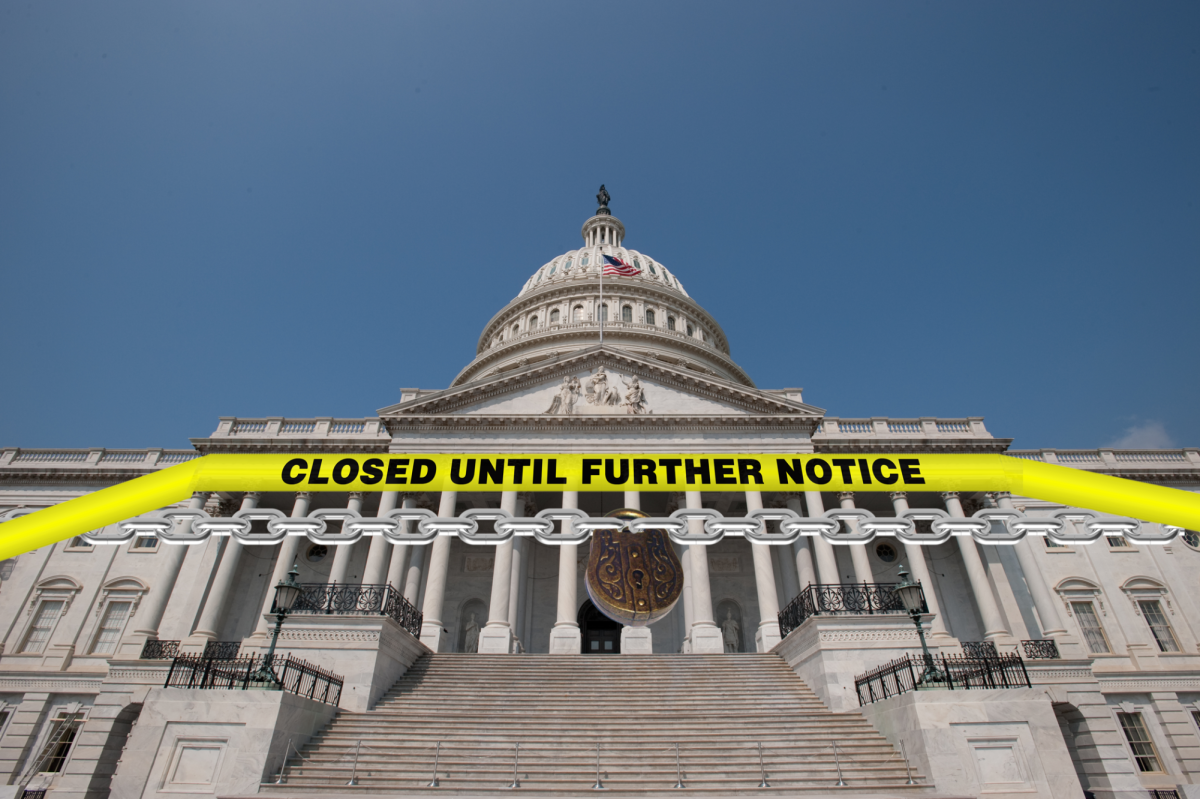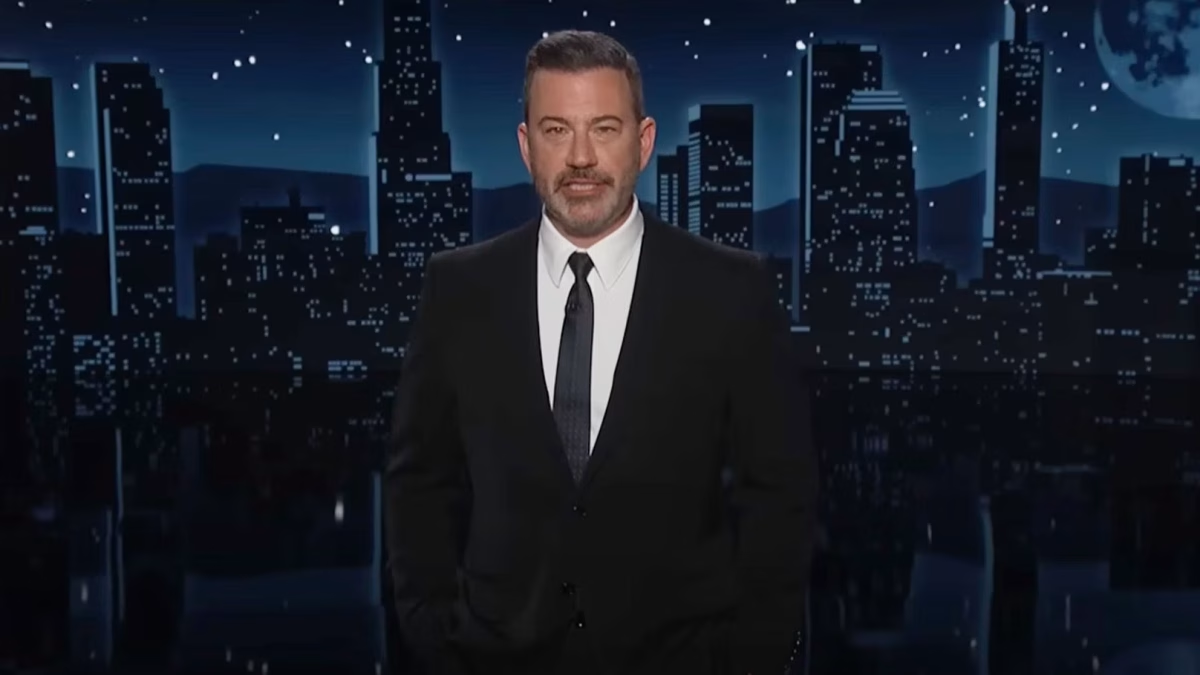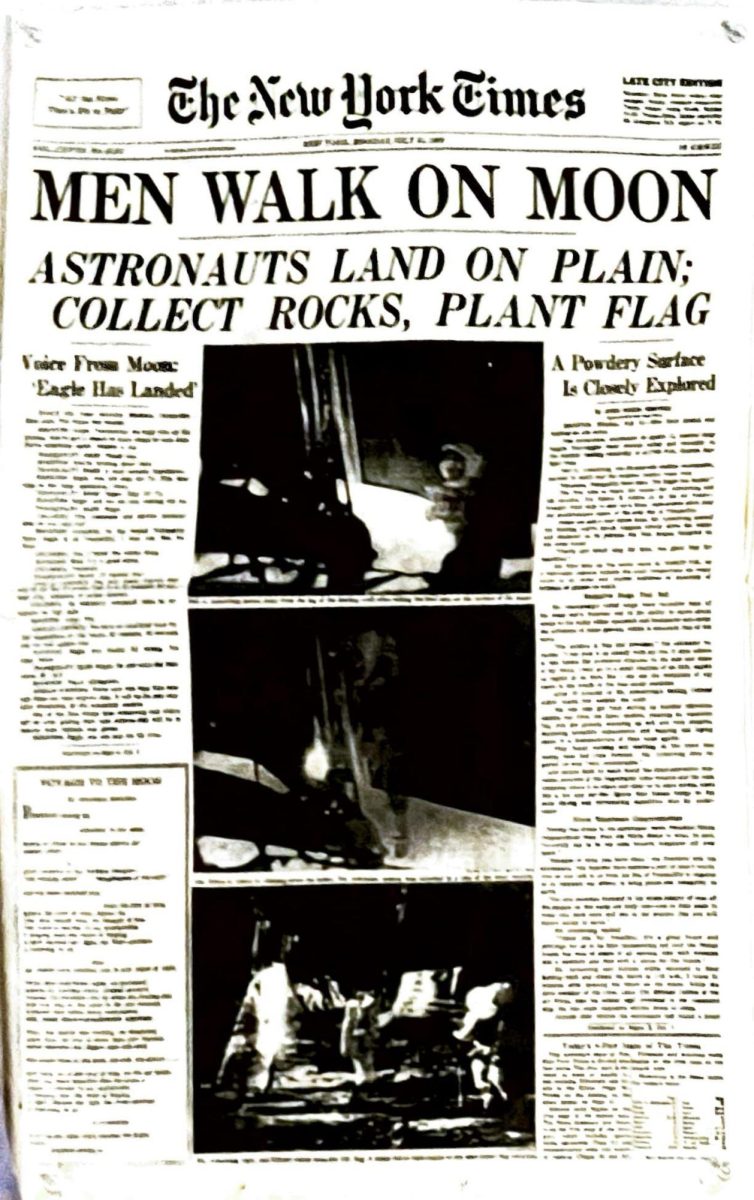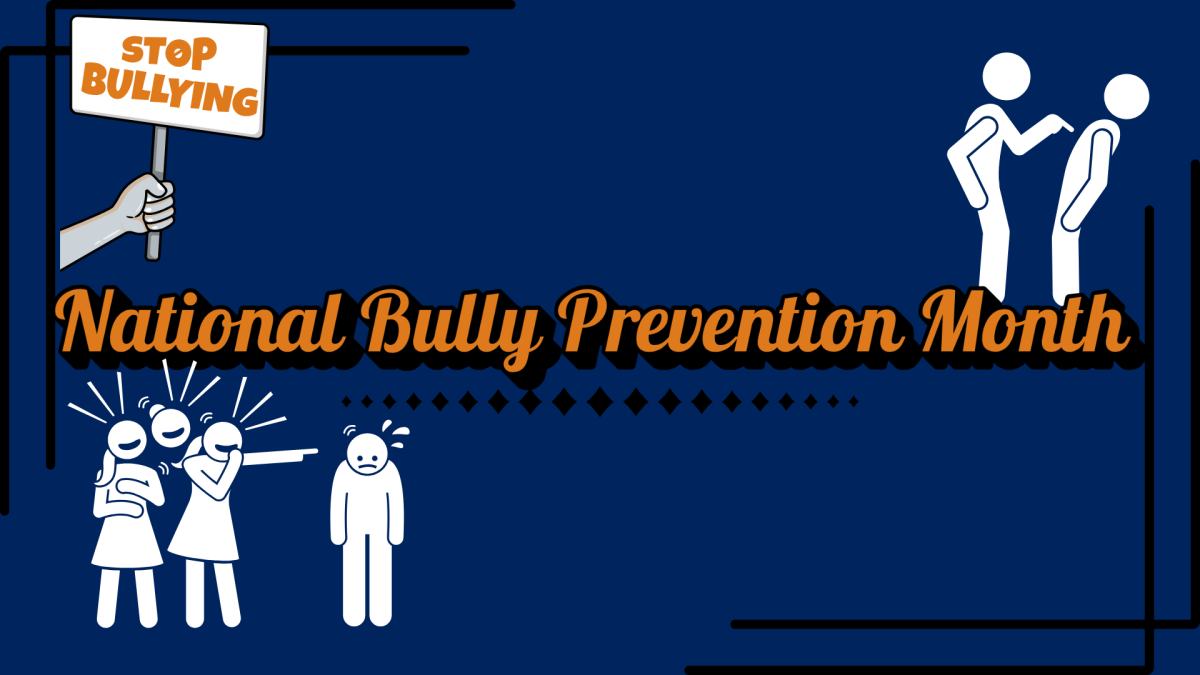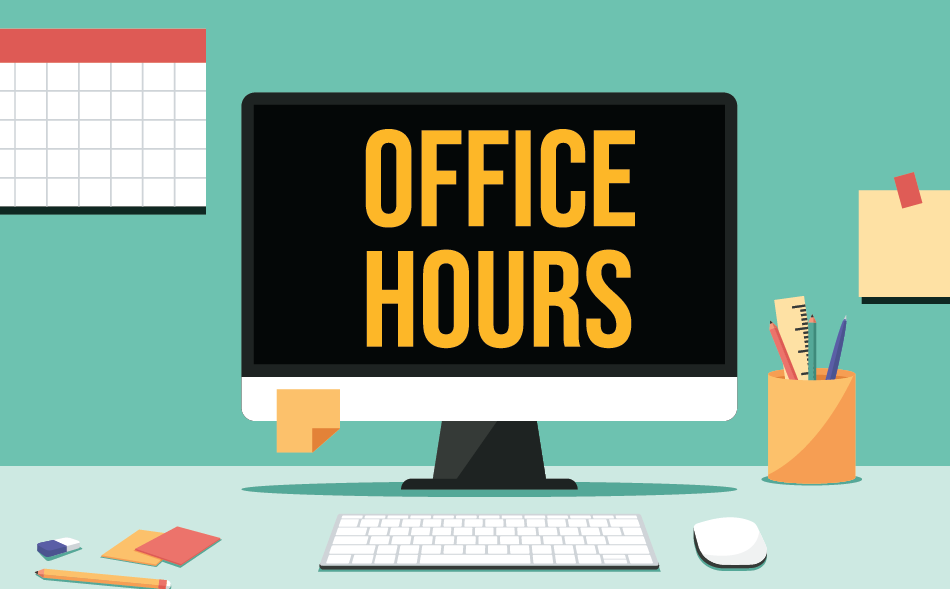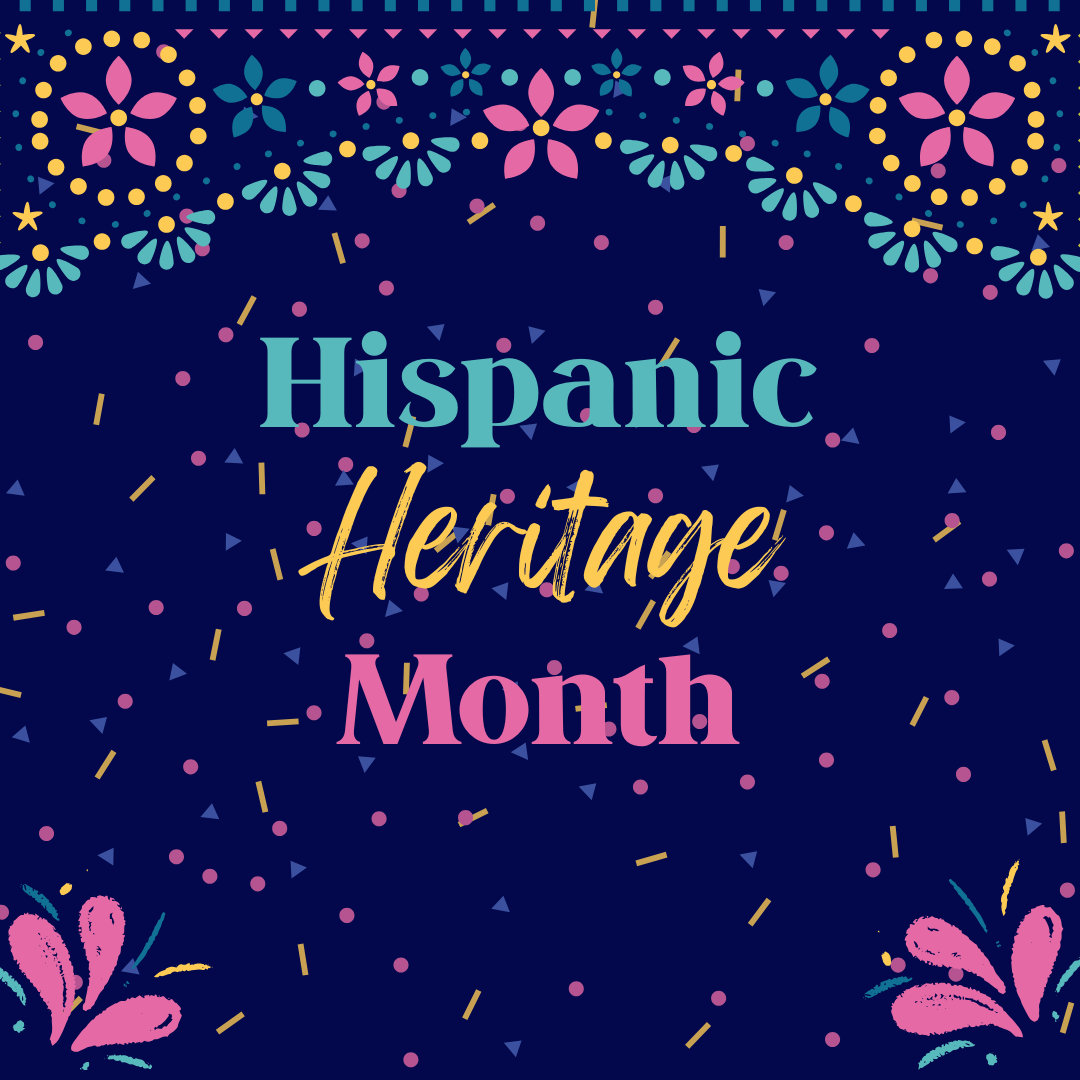Last Friday, Google made a big announcement in which they stated that they had started blocking California news outlets from an unspecified amount of users. This came as a direct response to a pending piece of legislation in California titled the California Journalism Prevention Act.
The California Journalism Prevention Act, also known as the CJPA would create a “link tax” that would essentially require technology corporations such as Meta and Google to pay news publishers and/or journalists for utilizing their links to connect Californians with Californian news outlets.
Supporters of the pending bill have argued that this bill will give Californian journalists greater authority over big technology corporations like Google and lead to a more equal share of profits between journalists and technology companies. Other supporters of the pending bill argue that it will boost funds and allow the hiring of additional journalists.

Last Friday, Google released a statement addressing the pending piece of legislation, arguing that it is the “wrong approach” to supporting journalists in the state of California. The statement goes on to state that the pending bill may result in major changes regarding the sources Google can provide Californians along with the viewership the corporation can provide to publishers within the state of California. In the statement, Google expressed their concerns regarding the pending legislation, stating that they are fearful of the bill as it would favor large media corporations and restrict funds. Google views this as detrimental to the journalism community as this could potentially cause large media corporations to use these funds to take over local newspapers, reduce the number of journalists within the state, and produce cheap content both in terms of quality and price. According to Google’s statement, this would then lead to a lack of diversity and options for individuals in terms of news sources and good-quality articles, making the bill “unworkable.”

As a response, Google stated that they are in the very early stages of a “short-term test” for a small amount of California users that involves removing links to California news websites that may be covered by the CJPA as a way to gauge the potential impact of the bill on their corporation. The statement continues by announcing that Google will additionally halt investments in the California news network which includes partnerships, Google’s product and licensing program for news outlets, and plans pertaining to the expansion of the Google News Initiative.
In response to Google’s decision to block certain California users from California news outlets the News/Media Alliance, a journalism advocacy organization, released letters in which they called government officials to investigate whether or not Google is violating federal law by blocking news sources and limiting Californian residents’ ability to find news sources that they depend on for entertainment, prosperity, business, and democracy.
Destiny Zavala, a junior at Eleanor Roosevelt High School, views Google’s approach towards the pending CJPA bill as a poor choice.
“I think they should take a different approach to this issue because people use Google, like our school district,” Zavala said.
Natalia Garcia, a junior attending ERHS, thinks Google’s approach to protest against the pending CJPA bill is detrimental to Californian viewers, journalists, and publishers.
“I think that Google could have taken a different approach, perhaps one that didn’t limit the people getting the news or the people that put it out,” Garcia said. “I don’t like the fact that my news outlets are restricted because sometimes it’s good to be able to understand the different viewpoints that people have on certain subjects.”


